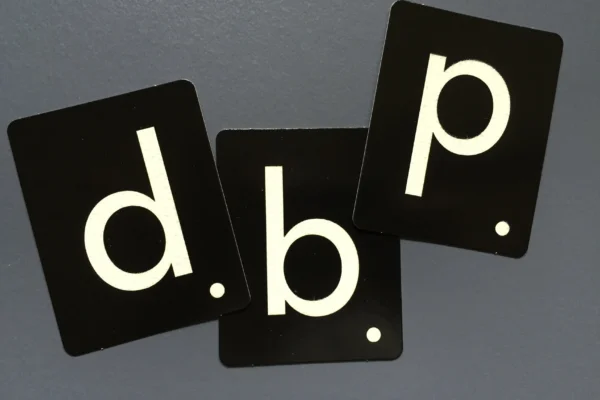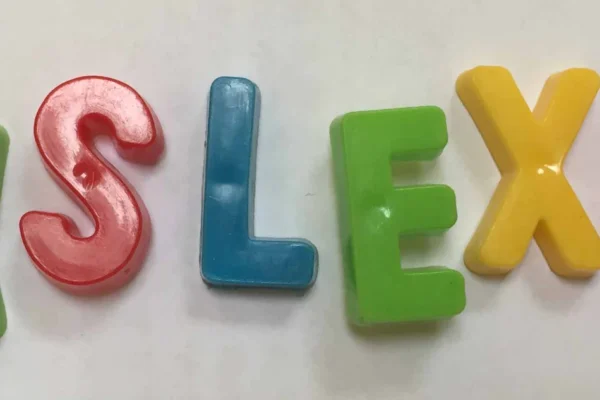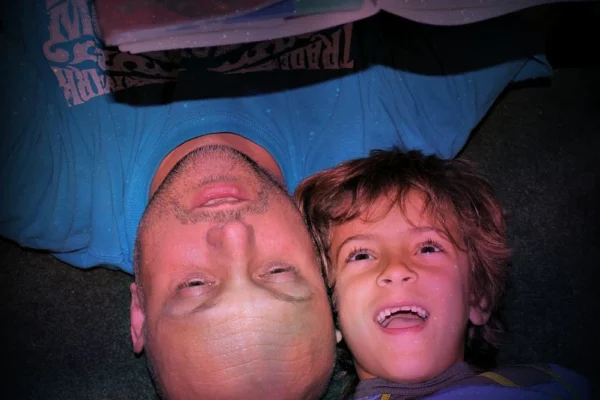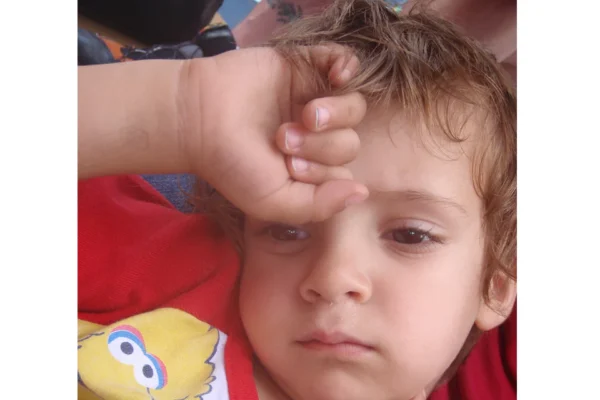
Dyslexia is often called a hidden (dis)ability. Many, including me, challenge the word “disability.” But that discussion is for another day. The focus in this piece is the word “hidden.”
Dyslexia can be invisible to those not sure what dyslexia symptoms to look for. As parents, we often trust the teachers and doctors to catch these symptoms and educate us to what needs to be done to help our children. From one parent of a dyslexic child to another, I recommend the below five mistakes to avoid if your child is dyslexic and not officially diagnosed yet.
1. Do not trust your instincts: Many parents feel that something is just off with their dyslexic child at an early age, yet still ignore our gut feeling and wait for schools to take charge. We need to follow this feeling and be proactive on putting the pieces of the puzzle together. Read more about the dyslexia symptoms to watch out for.
2. Ignore family history: Dyslexia runs in the families and is often inherited. The risk of having dyslexia is significantly higher for children who has a parent, sibling, uncle or aunt with history of reading difficulties. Do not ignore the family history and be proactive.
3. Wait and see approach: There are many children who are late bloomers and catch up on academic skills such as reading, writing and math later than others. If the child is truly dyslexic, however, then wait and see approach will not be the solution. On the contrary, this will actually do more harm. It will widen the gap in academic skills compared to other students and the child will need to work that much harder to reach to grade level. We cannot recover the time lost and the child cannot afford to loose the gift of time. So why take the chance? There is no harm in testing early. If you have an older child just recently being diagnosed, do not be discouraged. Take action immediately.
4. Trust the school to make the diagnosis: Teachers give their best to their students and try hard to make a difference. But at the end of the day, they are not the educational specialist or a certified psychologist and are not qualified to make an official diagnosis. Besides, many unfortunately do not even receive dyslexia training through their undergraduate or even graduate programs.
5. He is so smart, if only he tried harder: Many dyslexics are bright and their IQ scores may even be in the gifted range. The bright ones indeed have a higher risk of falling through the cracks in the educational system early on. Trying harder is not the solution. Dyslexics can learn to read and write if they are taught with an evidence based language program that meets their needs.
Bottom line: Learn more about dyslexia! Take action today!
Categories:
Share This:
Related Post
Search
Check Our
Books
As children learn to read, decodable books become an important part of the learning process.
Have A Question?
We’re happy to answer your inquiry to us.






